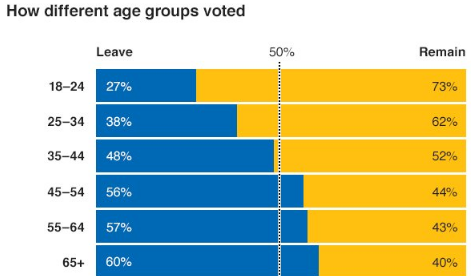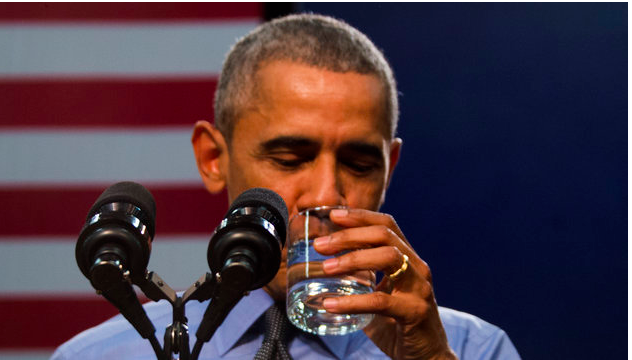 A New York Times article on March 17th includes an op ed., stating in part,
A New York Times article on March 17th includes an op ed., stating in part,
“Water may be the most important item in our lives, our economy and our landscape about which we know the least.”
Concurrently, the Washington Post ran an article reporting that:
“The World Health Organization has put a number on the people estimated to have died as a result of living or working in an unhealthy environment and it’s big — 12.6 million. That number represents one in four of all deaths globally and underscores the devastating impact of the chemicals and waste we’ve been putting into the air, water and earth since the end of World War II.”
These reports underscore many of the themes that I have been writing about these last few months: Why do we leave these critical issues to resolution as we might any other tort-based claim. By contrast, the societal impacts of pollution directly affect our health and enjoyment of our natural environment. The costs of investigation and cleanup – whether in the form of scientific remediation or as damages to those injured by the contamination – are borne directly by our business communities and the American taxpayers. Further, we spend far too many discretionary dollars in moving these cases through an over-burdened and overly expensive court system – which is not designed to handle the difficult scientific and regulatory issues that predominate in environmental cases.
The traditional tort-based approach is guided by jurisprudential principles of fault. That is, trials are designed to determine who should have to pay for the damage caused and its repair. While this is an important issue, selecting the most efficacious remedy is used in these proceedings more as a remedy against which to measure damages. I believe this is the reverse of how environmental issues should be addressed. We should first investigate fully the problem presented, then determine the appropriate remedy from a list of potential solutions, and then allocate those costs among those potentially responsible.
This may seem like a distinction without a difference, but it is not. Because trials are primarily concerned with fault, court procedures direct much more time on effort on determining who caused the contamination, than on the significant societal issues which result from it. Or how best to clean it up.
This is why I call for a new paradigm in which we spend more time understanding and fixing the problem rather than deciding who should have to pay for it. There is plenty of time for the latter, but much less time to adequately deal with the former.






Leave a Reply